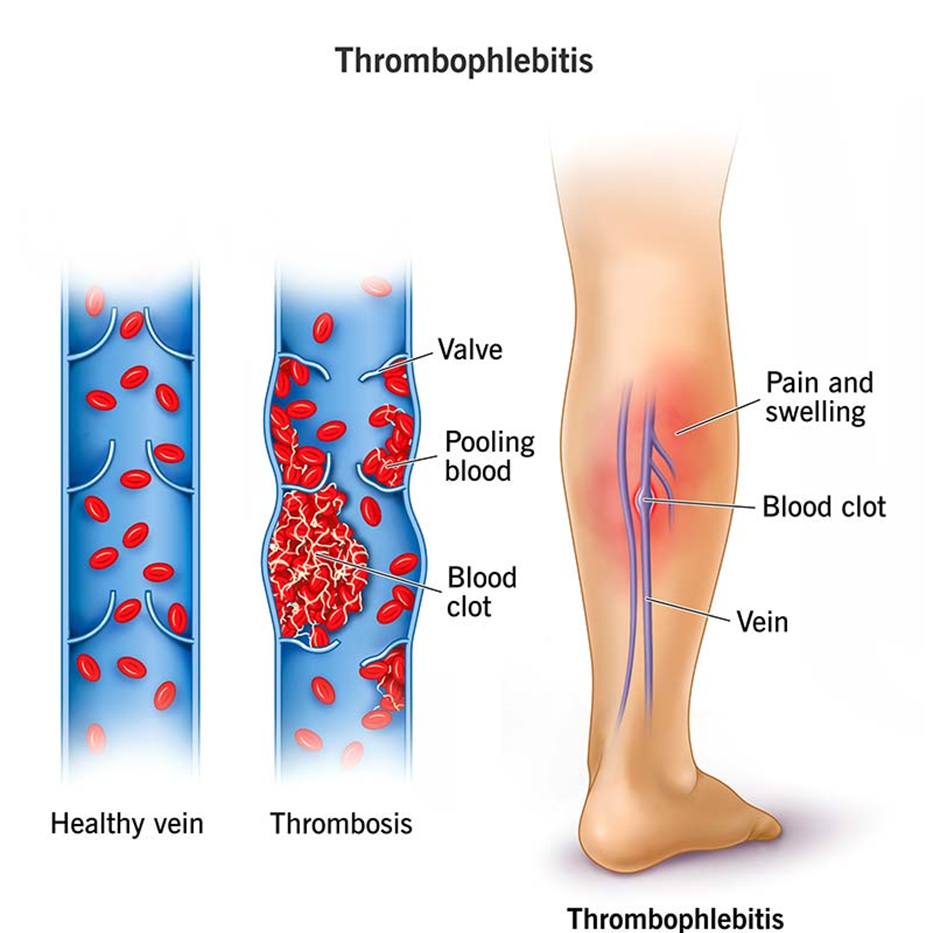A nurse is assessing a client who is receiving a unit of packed RBCs. The client appears flushed and reports low-back pain. After stopping the transfusion, which intervention is important to complete FIRST?
Call the provider.
Notify the blood bank.
Collect a urine specimen.
Keep the line open with 0.9% NS through new tubing.
The Correct Answer is D
Choice A Reason:
“Call the provider” is important but not the first priority. The immediate concern is to maintain the client’s intravenous access to ensure they can receive any necessary medications or fluids promptly. Once the line is secured, the provider should be notified to receive further instructions and manage the client’s condition.
Choice B Reason:
“Notify the blood bank” is also crucial but comes after ensuring the client’s immediate safety. The blood bank needs to be informed to investigate the cause of the reaction and prevent further issues, but this step follows the initial emergency interventions.
Choice C Reason:
“Collect a urine specimen” is necessary to check for hemolysis, which can occur during a transfusion reaction. However, this is not the first step. The priority is to stabilize the client by maintaining IV access with normal saline.
Choice D Reason:
“Keep the line open with 0.9% NS through new tubing” is the correct first intervention. This action ensures that the client remains hydrated and that the IV line is available for any emergency medications or treatments. Using new tubing prevents any contamination from the transfusion set.
Nursing Test Bank
Naxlex Comprehensive Predictor Exams
Related Questions
Correct Answer is B
Explanation
Choice A Reason:
“Do not take the medication before bedtime” is incorrect because the timing of medication administration depends on the specific medication and its intended effects. Some medications are specifically prescribed to be taken at bedtime to help with sleep or to reduce side effects that might occur during the day.
Choice B Reason:
“Take the medication with a full glass of water” is correct because many medications require adequate hydration to ensure proper absorption and to prevent irritation of the esophagus and stomach. Taking medication with a full glass of water helps to ensure that the medication reaches the stomach quickly and reduces the risk of esophageal irritation or damage.
Choice C Reason:
“This medication must be taken on an empty stomach” is incorrect unless the specific medication requires it. Some medications are better absorbed on an empty stomach, but this is not a universal rule and depends on the medication’s formulation and intended use.
Choice D Reason:
“Expect abdominal pain with this medication” is incorrect because not all medications cause abdominal pain. If a medication is known to cause abdominal pain, the nurse should provide additional instructions on how to manage this side effect or discuss alternative medications with the healthcare provider.
Correct Answer is A
Explanation
Choice A reason: Thrombophlebitis is characterized by inflammation of the vein with the formation of a blood clot. The signs and symptoms include erythema, warmth, edema, and a red line traveling up the vessel, which indicates the presence of inflammation and possible clot formation. This condition requires prompt intervention to prevent further complications such as the spread of infection or the clot traveling to other parts of the body.

Choice B reason: Infiltration occurs when IV fluid or medication leaks into the surrounding tissue. Signs of infiltration include swelling, discomfort, and coolness at the IV site, but it does not typically present with erythema, warmth, or a red line traveling up the vessel. Infiltration is less likely to cause the systemic signs seen in this case.
Choice C reason: Infection at the IV site can cause erythema, warmth, and edema, but it usually does not present with a red line traveling up the vessel. The red line is more indicative of thrombophlebitis, where the inflammation follows the path of the vein. Infection would also likely present with additional systemic signs such as fever.
Choice D reason: Extravasation involves the leakage of vesicant drugs into the surrounding tissue, causing severe local tissue damage. Signs include pain, burning, and blistering at the site, but it does not typically present with a red line traveling up the vessel. Extravasation is more localized and does not follow the vein’s path like thrombophlebitis.
Whether you are a student looking to ace your exams or a practicing nurse seeking to enhance your expertise , our nursing education contents will empower you with the confidence and competence to make a difference in the lives of patients and become a respected leader in the healthcare field.
Visit Naxlex, invest in your future and unlock endless possibilities with our unparalleled nursing education contents today
Report Wrong Answer on the Current Question
Do you disagree with the answer? If yes, what is your expected answer? Explain.
Kindly be descriptive with the issue you are facing.
